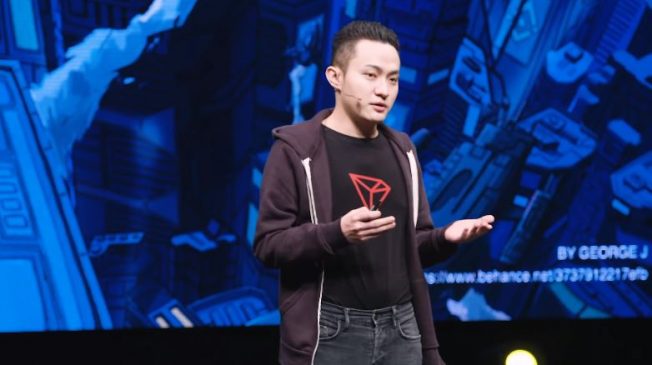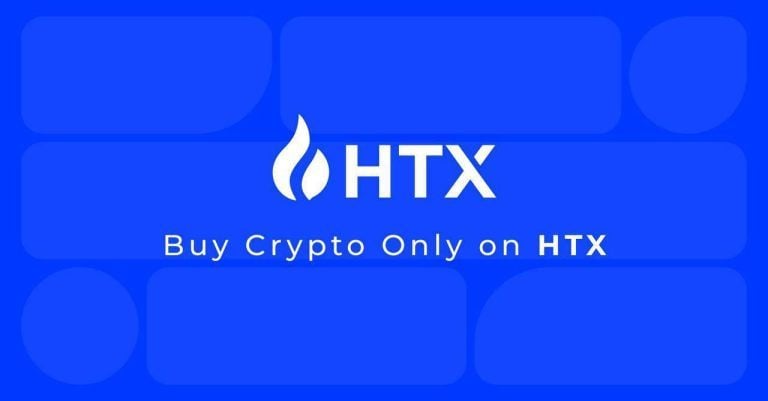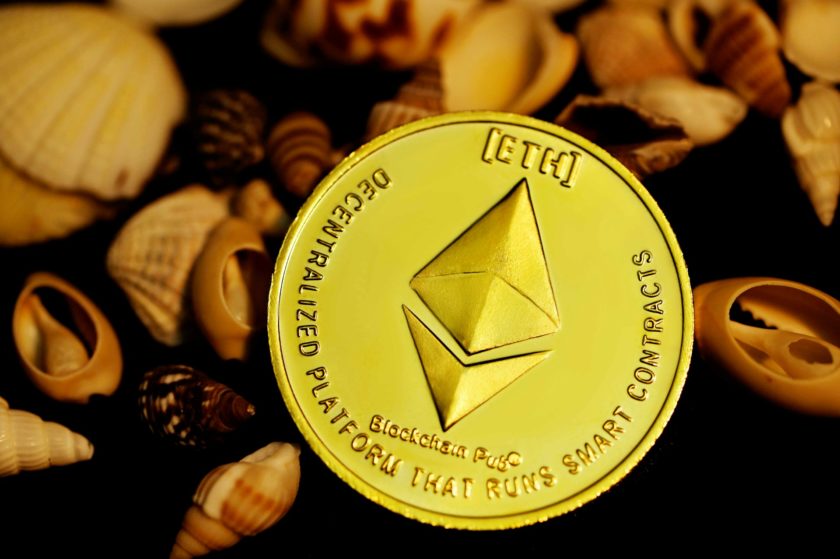TRON (TRX) founder Justin Sun found himself at the center of a $30 million controversy this week, after burned investors in a Chinese Ponzi scheme claimed Sun was complicit for their losses.
Victims of the Ponzi say Sun’s failure to denounce the scheme – which purported to be associated with TRON – caused more damage than was necessary. In a tragic turn of events, one single-mother committed suicide after borrowing money to invest in the scheme, only for the scammers to depart with the $30 million (200 million CNY) soon afterward.
Unfortunately, this isn’t the first time Justin Sun’s silence had led to confusion and controversy within the TRON community.
TRON Lookalike Scam – Justin Sun Responds
The confusion surrounding the scam stems from its name – Wave Field Super Community. According to Decrypt, “Wave Field” is an alternative name for TRON in China. (Indeed, a quick Google search of the term shows early TRON marketing materials from 2017 bearing the name).
When the Wave Field Super Community scam appeared on Chinese social media sites earlier in the year, investors appealed to Justin Sun for clarification. The scammers claimed to be one of TRON’s Super Representatives – node operators who maintain the TRX blockchain.
Sun finally spoke up regarding the crypto scam – but only after it was much too late. By the time of the following tweet on July 5th, $30 million had been extracted from thousands of investors, and one woman had died by her own hand. Sun wrote:
“As a leading blockchain protocol, there are Ponzi schemes using #TRON, #BitTorrent or #uTorrent names like “MMM #bitcoin, #Ethereum pyramid & #EOS ecosystem schemes”. We will never ask you to send money. Be careful & hodl your $TRX/ $BTT.”
As a leading blockchain protocol, there are Ponzi schemes using #TRON, #BitTorrent or #uTorrent names like “MMM #bitcoin, #Ethereum pyramid & #EOS ecosystem schemes”. We will never ask you to send money. Be careful & hodl your $TRX/ $BTT
— Justin Sun (@justinsuntron) July 5, 2019
Silence Is Deafening – Not the First Time
Ultimately, Justin Sun cannot be held responsible for every scam that takes place in TRON’s name. However, this isn’t the first time Sun’s silence has resulted in mass confusion and hysteria for TRON investors.
In May the former TRON CTO, Lucien Chen, announced his departure from the project, citing irreconcilable differences between Justin Sun and him. Chen fired parting shots on his way out, claiming TRON was no longer fit for purpose.
One day later, claims emerged from TRON marketing circles that Chen had actually been fired months previously, in January, for theft, bribery, and misappropriation of funds. Remarkably, despite Chen’s major role as Chief Technical Officer, neither Sun nor any TRON representatives saw fit to reveal this to investors at the time.
It’s the responsibility of investors to Do Your Own Research (DYOR)
In a decentralized world & network it’s not the sole responsibility of the protocol itself (#TRON #ETH #EOS) to alert on any or all scams
That said, we need to find innovative ways to mitigate scammers’ success
— Misha Lederman (@mishalederman) July 5, 2019
Ironically enough, Sun retweeted the following statement, urging investors always to do their own research:
“It’s the responsibility of investors to Do Your Own Research (DYOR) In a decentralized world & network it’s not the sole responsibility of the protocol itself (#TRON #ETH #EOS) to alert on any or all scams That said, we need to find innovative ways to mitigate scammers’ success.”
Unfortunately, such research will be hard to conduct if Sun continues to remain tight-lipped about major controversies within his own multi-billion dollar project.
This Is Why TRX Won’t Be on Coinbase Any Time Soon
Holding Sun to the standards of multi-billion dollar NASDAQ-listed companies might be setting too high a bar for the time being. But what about the standards of Coinbase?
A useful page to keep in your bookmarks is Coinbase’s Digital Asset Framework Policy, which explains how they go about assessing a project for listing on the cryptocurrency exchange. More than once in the multi-part checklist does the word “transparency” pop up. Coinbase demands a project must have:
“Dedicated forums… where developers, supporters, users, and founders can interact and build a community and offer transparency into the project. The team provides regular updates or is responsive to feedback.
Coinbase also notes that KYC standards must be applied to publicly visible team leaders. The blog states:
“If information is available, Coinbase will apply ‘know your client’ standards to publicly visible founders or leaders.”
TRON appears to be lacking on the transparency front – hardly a new characteristic of the project. And if TRON doesn’t notify its own holders when its CTO is fired for criminal actions, then what chance does Coinbase have of securing the transparency it requires?
Disclaimer: The views expressed in the article are solely those of the author and do not represent those of, nor should they be attributed to, CCN.




